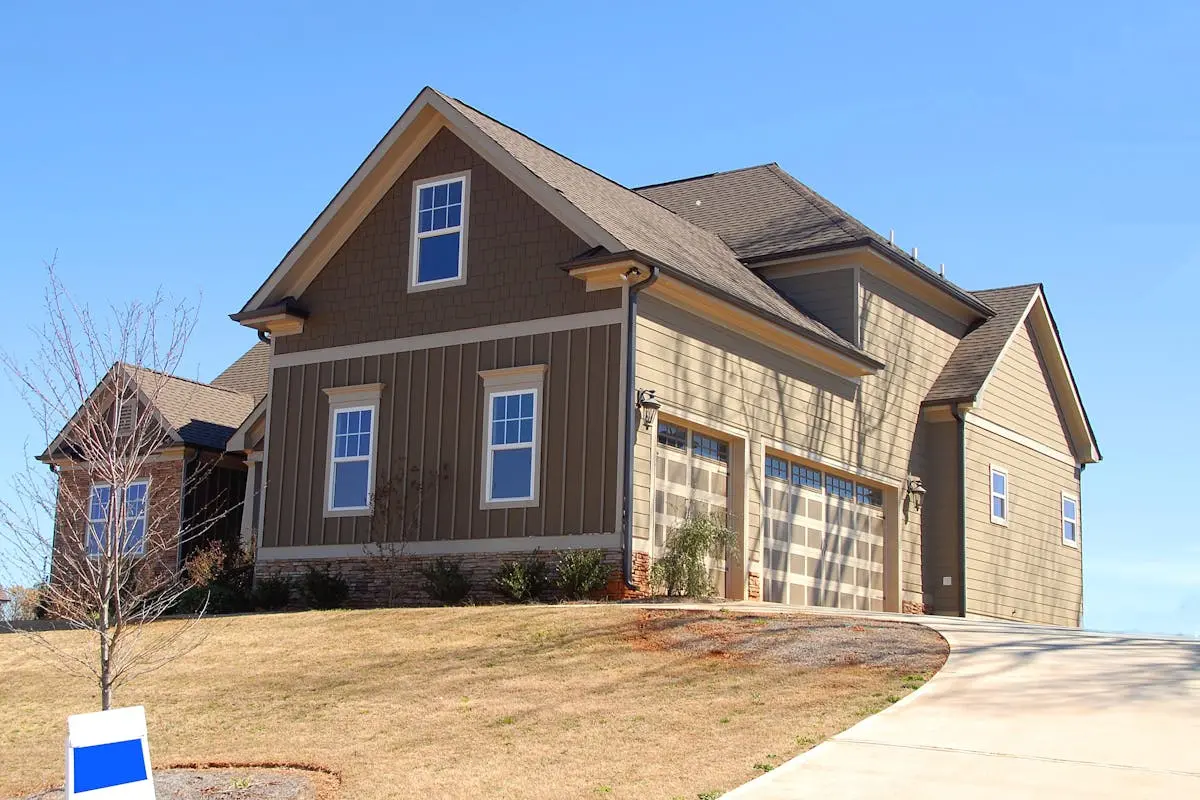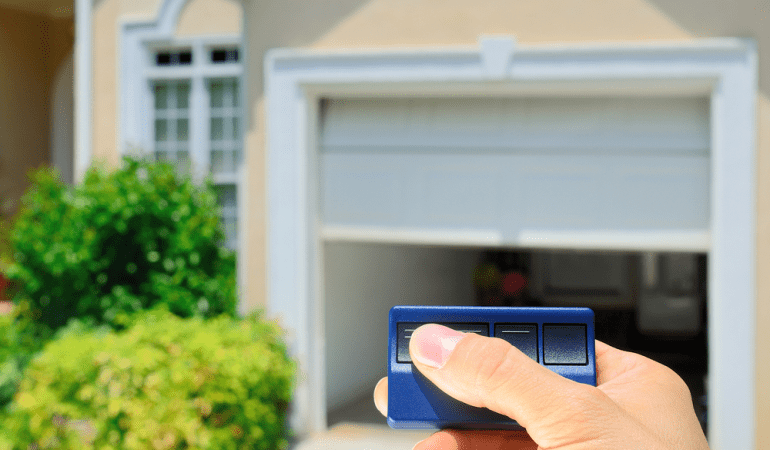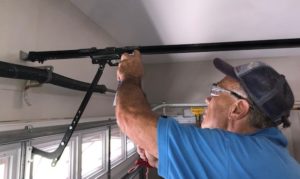Importance of Regular Safety Checks for Garage Doors
Regular safety checks for your garage door can significantly extend its lifespan. garage door maintenance By conducting routine inspections, you can identify potential issues early on and address them before they escalate into costly repairs. This proactive approach not only helps ensure the safety of your family and property but also avoids unexpected inconveniences that may arise from a malfunctioning garage door. Remember, prevention is key to maintaining the functionality and longevity of your garage door.
garage door maintenance

Signs That Indicate Your Garage Door Needs a Safety Check
Garage doors may need a safety check if they make unusual sounds while operating, move slower than usual, or have visible wear and tear on the springs and cables. Other signs include the door not closing or opening completely, sensors not working correctly, or the door reversing unexpectedly. Regularly checking these signs can help prevent accidents and extend the life of your garage door.
How a Safety Check Can Prevent Costly Repairs [garage door maintenance]
Regular safety checks can help identify issues with your garage door before they become costly repairs. By inspecting the various components of your garage door, such as the springs, cables, and rollers, you can catch any wear and tear early on. This proactive approach can prevent more significant problems down the line, saving you both time and money. Additionally, keeping your garage door well-maintained through safety checks ensures its longevity and smooth operation.
DIY Safety Check Tips for Garage Doors
Performing a do-it-yourself safety check on your garage door is a simple way to ensure its longevity and your family’s safety. You can follow these easy steps to conduct a basic inspection:
- Check the springs and cables for any signs of wear or damage.
- Test the auto-reverse feature by placing an object in the door’s path as it closes.
- Inspect the rollers and tracks for debris and lubricate them if needed.
- Verify that the sensors are aligned and functioning properly.
By regularly performing these checks, you can help prevent unexpected malfunctions and potentially costly repairs down the line.
Hiring a Professional for a Thorough Safety Inspection
When you hire a professional for a thorough safety inspection of your garage door, you are ensuring that all components are working correctly. A trained technician can identify potential issues early on, preventing costly repairs down the line. Here are a few key reasons why hiring a professional for this task is essential:
- A thorough inspection can catch minor problems before they turn into major issues.
- Professionals have the expertise to assess all safety features and mechanisms of your garage door.
- Regular safety checks can extend the life of your garage door by ensuring it is well-maintained and functioning properly.
Components of a Garage Door Safety Check
During a safety check for your garage door, several key components are examined to ensure they are functioning correctly. These components include the springs, cables, rollers, tracks, hinges, and sensors. The springs play a crucial role in balancing the door’s weight, while the cables help in lifting and lowering the door smoothly. Rollers and tracks guide the door along its path, and hinges enable smooth movement. Sensors are important for detecting obstructions and ensuring the door stops and reverses when needed. Regularly inspecting these components can help prevent accidents and extend the life of your garage door.
Importance of Testing Sensors and Auto-Reverse Features
Homeowners often underestimate the significance of testing sensors and auto-reverse features in their garage door system. These safety mechanisms are designed to prevent accidents and protect you, your family, and your possessions. A malfunctioning sensor or auto-reverse feature can pose a serious risk to anyone using the garage door. Regularly testing these components is a simple yet crucial step in ensuring the longevity and safety of your garage door.
Lubrication and Maintenance for Garage Door Longevity
Regular lubrication of the garage door’s moving parts such as hinges, springs, and rollers is crucial for ensuring smooth operation and extending its lifespan. Use a silicone-based lubricant for optimal results, as it helps reduce friction and prevent wear and tear. Additionally, regular maintenance tasks like tightening loose hardware and inspecting for any signs of damage can help identify issues early on and prevent more significant problems down the line. Remember, a well-maintained garage door not only operates smoothly but also lasts longer, saving you time and money in the long run.garage door maintenance
Addressing Common Garage Door Safety Concerns
Garage door safety concerns are important to address to ensure your garage door functions properly and safely. Some common concerns include broken springs, malfunctioning sensors, worn-out cables, and misaligned tracks. Being proactive and addressing these safety issues promptly can help prevent accidents and extend the life of your garage door maintenance.
Ensuring the Safety and Security of Your Home with Garage Door Maintenance
Regular maintenance of your garage door is essential for the safety and security of your home. A well-maintained garage door not only enhances the overall look of your house but also provides protection against potential intruders. By ensuring that your garage door is properly maintained, you can prevent accidents and keep your belongings secure. Remember, a little maintenance can go a long way in securing your home. garage door maintenance


 Problem with the Tracks
Problem with the Tracks